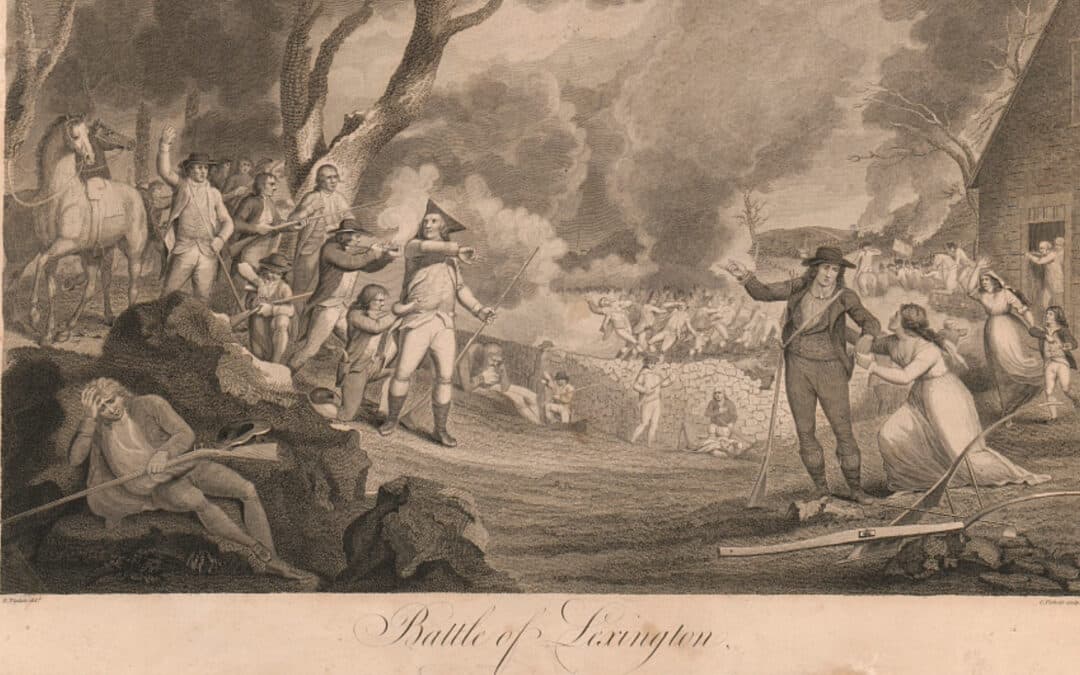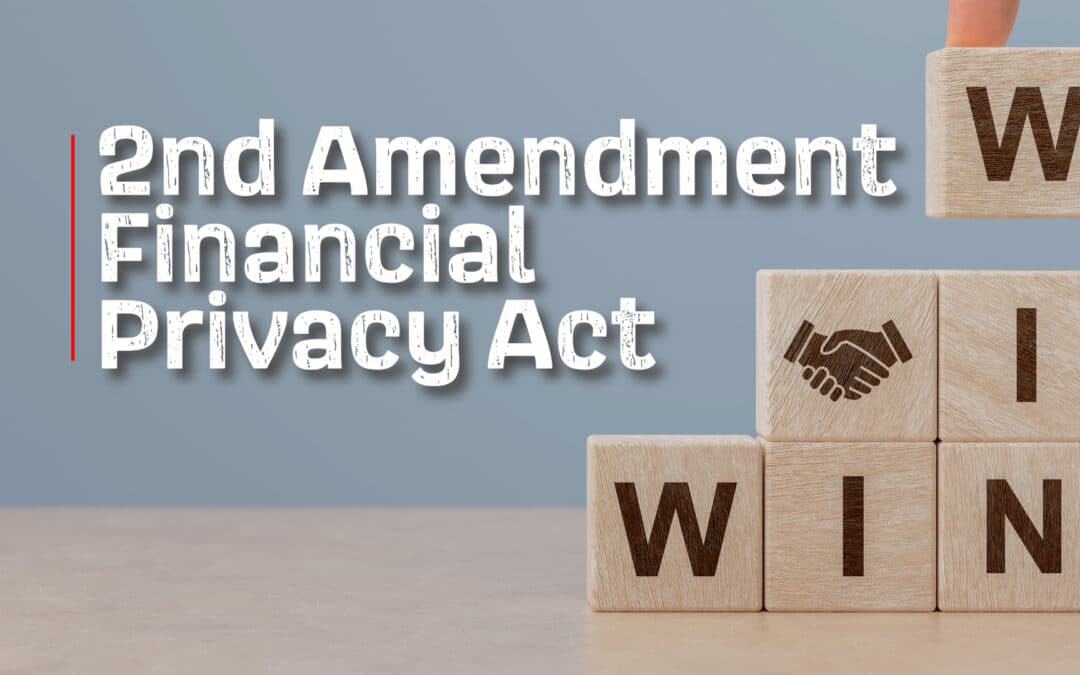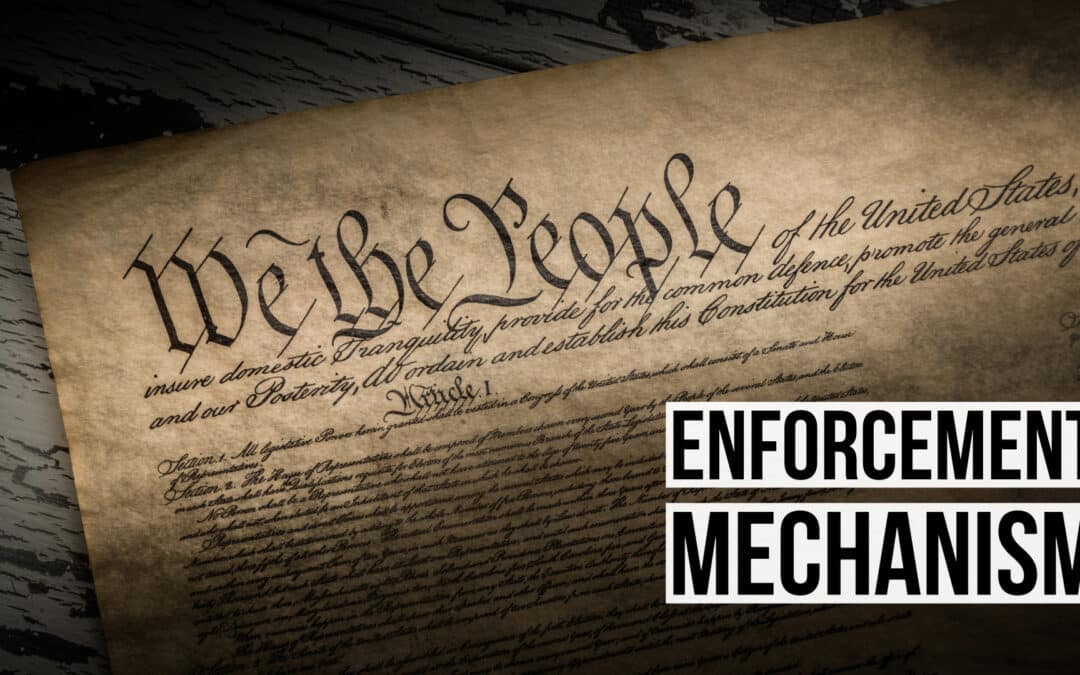


It Was Gun Control: What Started the War for Independence
The fighting at Lexington and Concord didn’t happen because the British army came to collect taxes. It was gun control. Of course, the government-run schools don’t teach this. What finally forced the patriots into a shooting war with the British Army at...
10 States and Counting: 2nd Amendment Financial Privacy Act
Ten states – and counting – have passed a bill called the “2nd Amendment Financial Privacy Act,” to nullify a gun control surveillance scheme in practice and effect. More on that good news in a moment. First, some background. Would you be...
The Real Enforcement Mechanism for the Constitution
Almost everything people learn about how the Constitution is supposed to be enforced is wrong. As a result, we live under the largest government in history, and it’s only going to keep getting worse without a huge change of course. CONSTITUTIONS DON’T ENFORCE...
